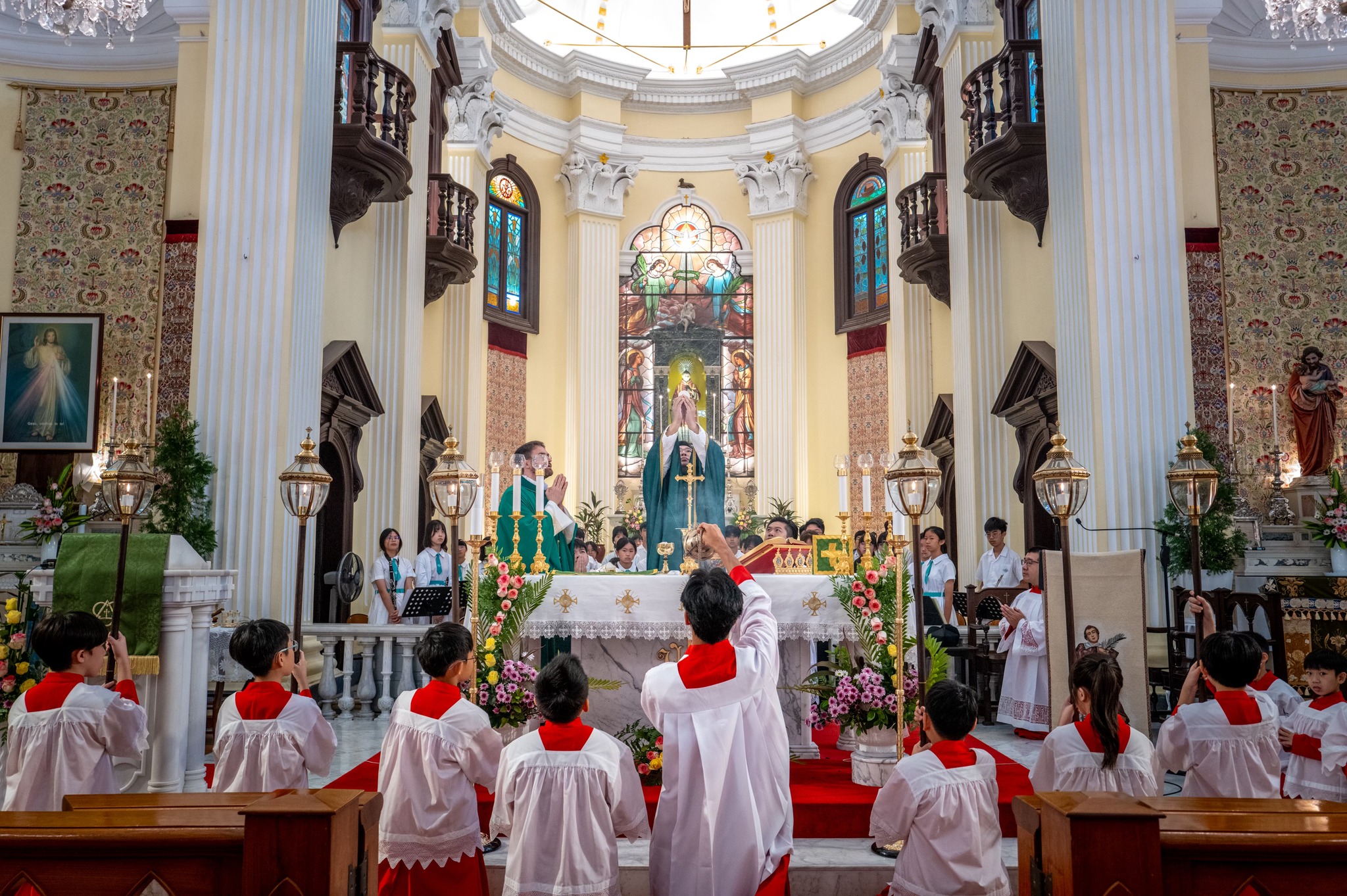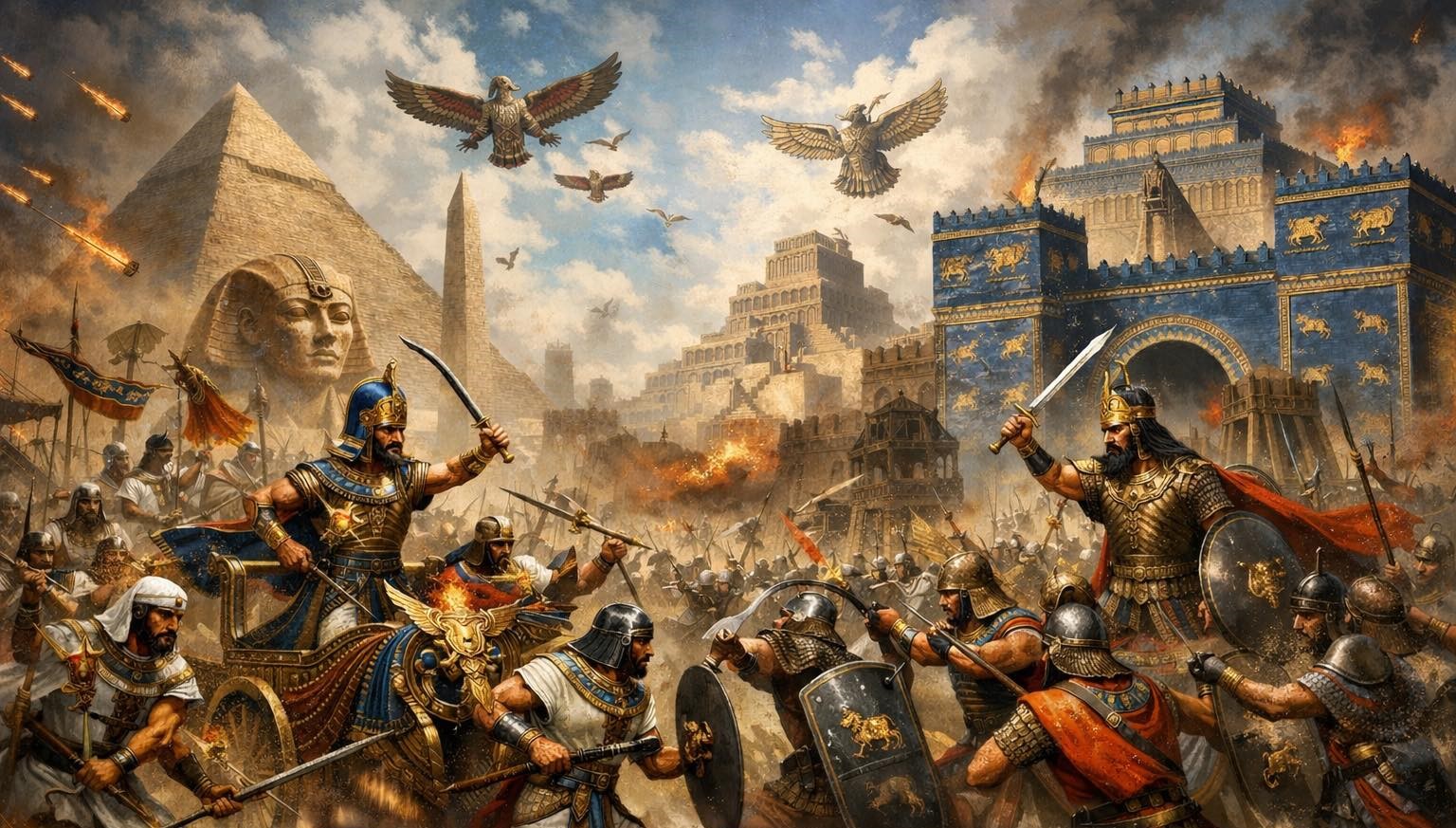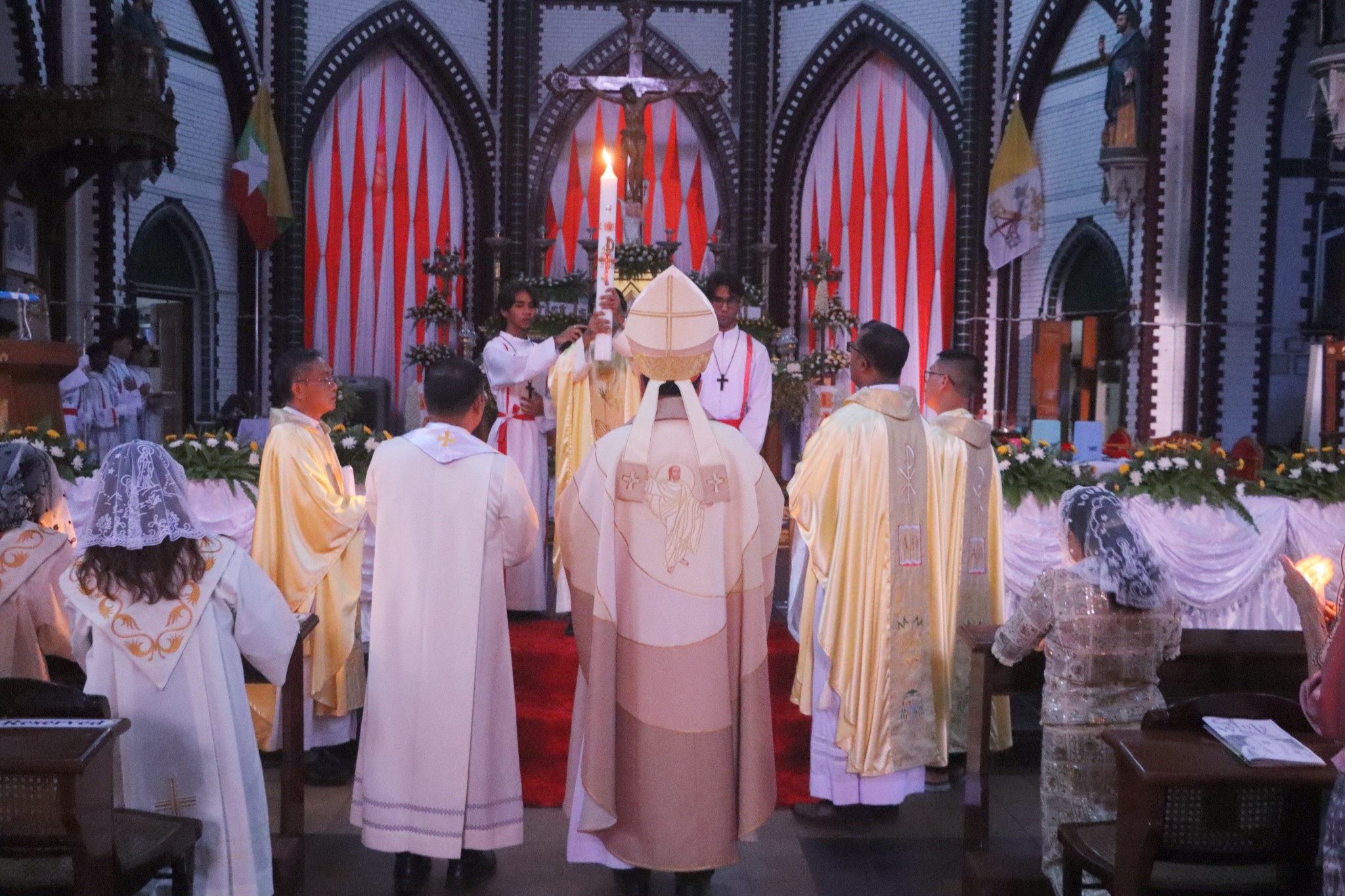-
Marco Carvalho
The International Institute of Macau (IIM) entrusted António Aresta with the responsibility of writing a new volume of the Missionaries for the 21st Century collection. The Portuguese researcher will address the memory and the legacy of one of the founders of O Clarim, Father Julio Augusto Massa. IIM President Jorge Rangel made the announcement last Friday during the evocative session of the hundredth anniversary of the birth of José Silveira Machado. A former professor of the Commercial School Pedro Nolasco, Silveira Machado is remembered by António Aresta as a figure of “a great moral righteousness”.
José Silveira Machado was an inescapable figure in the history of Macau in the second half of the 20th century. He lived in the now Special Administrative Region for over seventy years. Is he, indeed, an unusual figure?
Yes. But more than an unusual figure, he’s a figure of reference. He possessed a cultural and ethical dimension to which people seem to be unaccustomed nowadays. I am referring in particular to the way he thought, but also – and above everything else – to the writings that he left us. His example of moral righteousness was, I think, a reference to many in Macau.
José Silveira Machado is, in a certain way, a product …
He is a product of Macau. A good example of a self made man.
He is a product of Macao, but also of well-defined historical circumstances. Silveira Machado ended up having the same kind of luck as Benjamim Videira Pires or Manuel Teixeira. They were pulled out of poverty, so to speak, and traveled to Macau for the purpose of serving the Church. José Silveira Machado ended up not following the priesthood route, but that did not, nevertheless, refrain him of being of service to Macau …
Yes. The Church would be a way to prepare them, but the great majority of the children and young people who came to Macau to enroll in the local seminary never became priests. Most of them did the same as Silveira Machado and left, for lack of genuine vocation. The fact that José Silveira Machado did not take the route to the priesthood did not stop him from becoming an important man. I think Silveira Machado’s greatest sorrow might have been the fact that he didn’t manage to write the work – poetic or romanesque – that he would have probably wanted to write, as Henrique de Senna Fernandes did. I think this was probably his greatest sorrow.
Yet … even though it was not endowed with the kind of literary orientation you were talking about, José Silveira Machado’s work is still an important aspect of his legacy. Can it be seen as a reference of what Macau was in the second half of the 20th century?
Yes. I conducted a more or less visible survey of the works he left, thanks also to some indications that he left when he was alive. I am talking about the books that he wrote, but also about unsigned texts that were published in O Clarim. I was able to identify a few dozen. He went to Hong Kong to report on the arrival of new Governors, about Governors who travelled from Macau to Lisbon. These texts are extraordinary. The way he wrote was marvelous.
The Government awarded José Silveira Machado on several occasions. His contributions to Macau in areas such as education and sport granted him more than one medal or award. Was he able to reinvent himself over the years?
Yes. He worried about hygiene, about the cleanliness of the streets, sanitation, security and he did that at a time when no one was talking about it. He didn’t just discuss matters of a metaphysical or elevated nature. No! He would approach a bit of everything and he didn’t neglect small, everyday issues.
What other figures with this kind of righteousness would we find in Macau at this time? You have been writing about those who contributed the most to Macau…
In fact, what I am doing is trying to rescue these figures from a certain oblivion. In the second half of the 20th century I can give you the example of Luís Gonzaga Gomes. He was another giant figure. There’s a street and a school with his name and some of his books have been re-published, it’s true. Apart from Gonzaga Gomes, there’s also Adé de Sousa Ferreira. It was Silveira Machado who organized Adé’s complete works; he was as one of the organizers. One of the most admirable aspects of José Silveira Machado personality was exactly this one: he treated Macau as if it was his homeland. He left the Azores behind. This was his city. That’s why it is said among the Macanese that Silveira Machado was as Macanese as they were.
The contribution given by such figures as José Silveira Machado … If there is no effort, such as this one that was coordinated by the International Institute of Macao, in order to safeguard their memory, to recover their work … would the memory of these figures vanish?
If we don’t take care of our own heritage, hardly anyone will do that. Why won’t they do that? First and foremost, there’s the language barrier. It’s up to us to embrace the memory of our people, without any sort of sense of ambiguity, but with a sense of justice and dignity. If we don’t do that, nobody will do it.
Silveira Machado, José dos Santos Ferreira and Luís Gonzaga Gomes still survive in the collective memory of the local Portuguese community. There are others, nevertheless, who face the risk of being swept away from history. You mentioned two of them in your intervention, Father Fernando Maciel and Father Júlio Massa…
Fernando Maciel, one of the founders of O Clarim, is one of the greatest journalists that have worked in Macau. He was a priest. If you have the chance to take a look at O Clarim and read what he wrote, you will marvel. It’s a pity that his works have not been assembled and organized. Father Júlio Massa was a philosopher. He wrote in O Clarim texts about communism, against communism, against Marxism that are stupendous. O Clarim led a persistent campaign against communism starting from 1949, which was when the People’s Republic of China was established. In Macau almost no one read in Portuguese, but O Clarim was one of Macau’s main voices in anti-communist propaganda. Both of them were incredible figures.
Will they appear in the third volume of Figuras de Jade?
Yes, yes. I have already written about Silveira Machado and I will probably write about Father Maciel and Father Julio Massa. It’s just a matter of time.
What other figures would you include in the third volume of this collection?
I already have half a dozen of them ready to publish, some of them priests. Others are still being considered. I can’t say for sure whom I will write about.

 Follow
Follow


